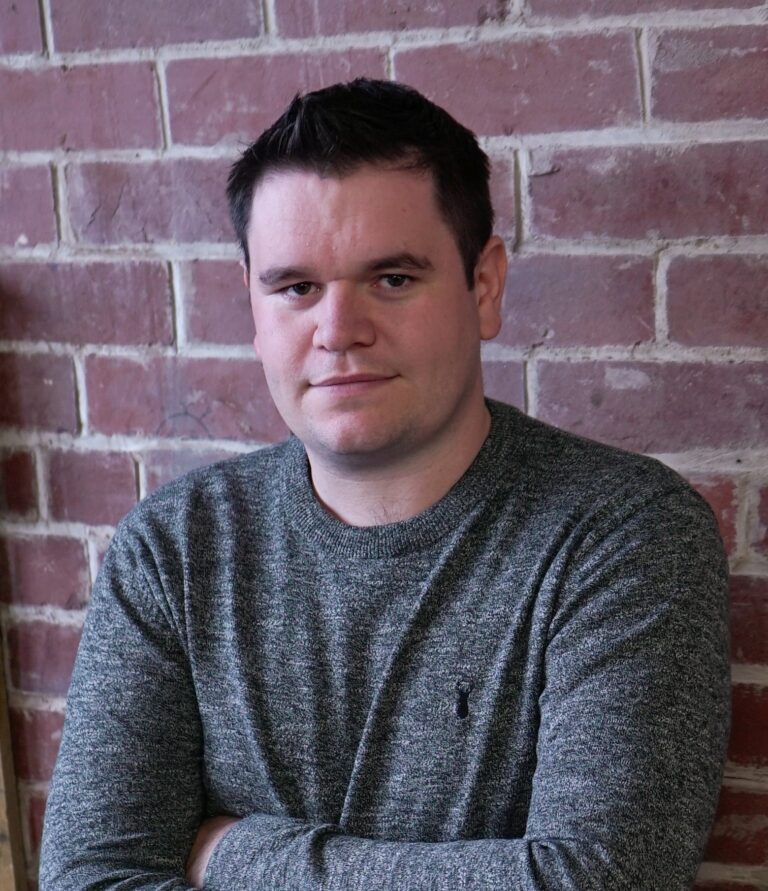Content Director at Its Gone Viral, Ryan Williams, says a drastic change is needed – police, press and platforms should unify their efforts to punish trolling and deter online abusers.
Social media is good. It probably doesn’t come as much of surprise that I’d say that, but while I shout about its benefits, I’m also acutely aware of its darker side – most notably ‘trolling’. And something meaningful needs to done by the major platforms to tackle it head-on, as people are not being held accountable for their often devastating actions.
At present, countless celebrities are calling on each other to ignore the trolls as they think this will make them go away. But this is far too simplistic, and is just masking the issue. Firstly, celebrities are just the tip of the iceberg, as trolling affects millions of people across the world every single day. I know this from bitter personal experience.
Work together to end trolling
Back in 2017, it was reported the police were arresting up to nine people a day for trolling, but over time, press coverage has fallen so sharply I question whether the trolls know – or are even concerned – that they could fall foul of the law.
There needs to be a far more collaborative and unified approach between the police, the press and the platforms to name and shame perpetrators. The first step is for the major social media companies to take the lead and work closely with the authorities by giving them access to those who are breaking the rules.
Yes – privacy and human rights are important, but what matters more is stopping the real-life tragedies that are caused by this cancerous behaviour. It would take bravery and vision but it’s the only way.
On a more basic and operational level, users should have to provide some kind of ID to sign up. Having that kind of traceability could be an instant game-changer – especially on Twitter. I find it baffling that you can sign up within seconds using an email address and provide any name plucked out of thin air. That in itself hugely blurs the lines of accountability, as a troll can set up account after account quickly to ensure the abuse is constant.
That can’t be right, surely? Other platforms like Facebook and Instagram have processes in place like asking for a phone number, but it’s still not enough.
Bullying is non-stop now
My biggest worries lie with young people and the impact online bullying has on them. Years ago, it stopped at the school gates, but now it’s 24/7.
Parents can do their best to monitor device usage, and schools can encourage young people to speak out if they’re suffering, but recent cases like the suicide of Sian Waterhouse show that parents and teachers often have no idea that bullying is even taking place. A young person taking their own life is not what social media is (or should be) about. I’m not saying tragic cases like this would stop, but the least we as industry owe is a duty of care and responsibility to every user out there.
Also, trolls should be hit with instant bans, not warnings; no ifs, no buts – you troll, you get banned. Plus, monitoring and support teams should be massively expanded – it’s a huge problem that needs a huge response in kind. Platforms are making billions of pounds, so there’s no justifiable reason why they don’t have much larger support networks. Victims should be able to report abuse easily and get a response or solution quickly.
It is positive to see influencers like Instagram star Georgia Portagallo vowing to protect vulnerable users via support groups, but that’s not her job. It’s the responsibilities of the tech giants, and until they step up, I fear not much will change – and the vitriol will continue.









